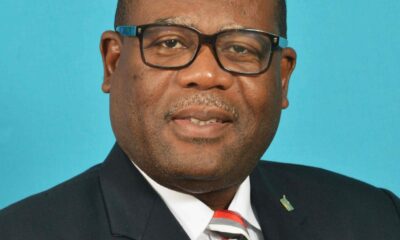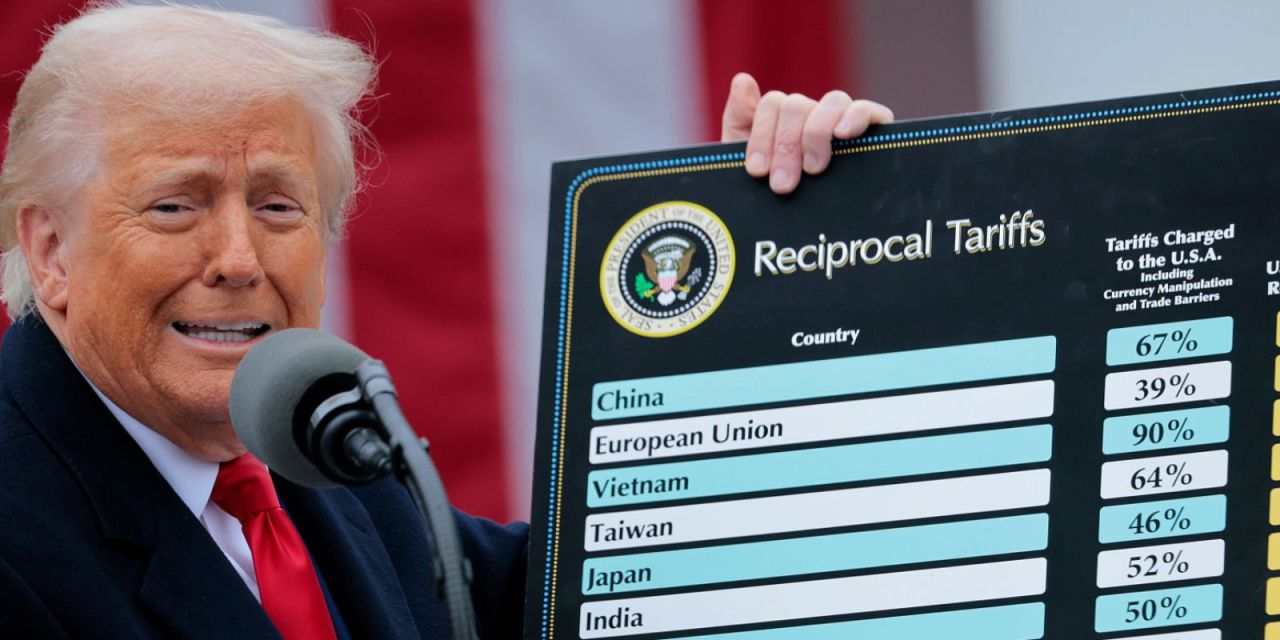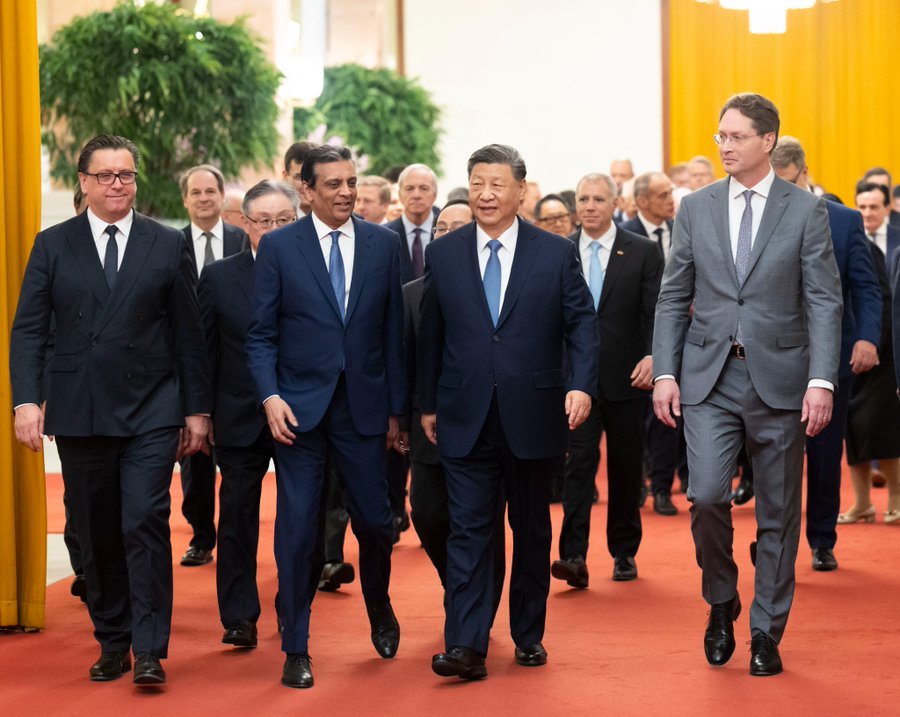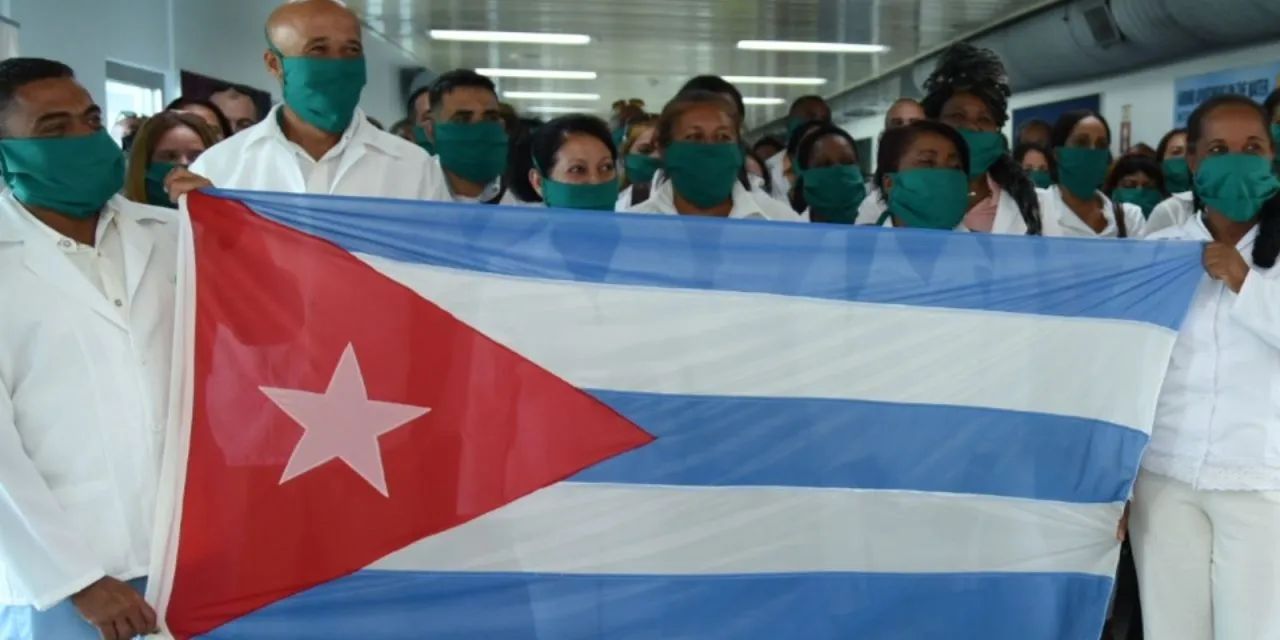The Communist Party of China and Japan’s ruling Liberal Democratic Party, along with its coalition partner Komeito, agreed on Tuesday to jointly promote the building of a constructive and stable Sino-Japanese relationship that meets the requirements of the new era.
The agreement was reached during the ninth meeting of the China-Japan ruling party exchange mechanism in Beijing, during which both sides engaged in candid discussions on their important responsibilities in upholding an international order underpinned by international law amid global turbulence and transformation.
They had an open exchange of views on enhancing mutual trust, expanding cultural and people-to-people exchanges, and deepening mutually beneficial cooperation.
Both sides acknowledged the significant role of the meeting of the exchange mechanism in politically guiding China-Japan relations since it was inaugurated in 2006 and welcomed its resumption after a hiatus of more than six years, with the last meeting held in Japan in October 2018.
Both sides agreed to implement the important consensus reached by the leaders of the two countries, adhere to the principles set out in the four political documents between China and Japan, and make joint efforts to comprehensively advance the China-Japan strategic and mutually beneficial relationship.
They affirmed the necessity of maintaining close dialogue and communication between China and Japan regardless of the circumstances facing their relations. They called for enhancing exchanges between the two countries’ political parties, leaders, and young politicians to enhance mutual understanding and trust, to lay a solid political foundation for improving and developing China-Japan relations and building a constructive and stable relationship.
Implementing consensus
The two sides exchanged views on issues including the discharge of nuclear-contaminated water from the crippled Fukushima Daiichi Nuclear Power Plant into the sea and China’s import of Japanese aquatic products, agreeing to implement the consensus reached by the two governments, accelerate communication and consultations, and properly address each other’s concerns.
Both sides confirmed their commitment to promoting practical cooperation through ruling party exchanges and tentatively agreed to hold the 10th meeting of the China-Japan ruling party exchange mechanism in Japan in the fall.
A delegation of Japan’s ruling coalition, led by Moriyama Hiroshi, secretary-general of the Liberal Democratic Party, and Nishida Makoto, secretary-general of the Komeito party, kicked off a three-day visit to China on Monday.
Wang Huning, a member of the Standing Committee of the Political Bureau of the CPC Central Committee and chairman of the Chinese People’s Political Consultative Conference National Committee, met with the delegation in Beijing on Tuesday.
Wang emphasized the importance of deepening bilateral exchanges based on the consensus reached by President Xi Jinping and Japanese Prime Minister Ishiba Shigeru during their meeting on the sidelines of the APEC Economic Leaders’ Meeting in Lima, Peru, in November.
He called for joint efforts to develop China-Japan relations to contribute to regional and global prosperity and development.
The leaders of the Japanese delegation said that China and Japan are important neighbors to one another.
They expressed their willingness to promote bilateral exchanges at all levels, including young parliamentarians and local leaders, through a party-to-party dialogue mechanism to bridge differences and foster bilateral cooperation, in the spirit of seeking common ground while reserving differences.
On Monday, Li Shulei, a member of the Political Bureau of the CPC Central Committee and head of the Publicity Department of the CPC Central Committee, also met with the Japanese delegation in Beijing.
Sino-Japanese relations have witnessed a sign of improvement in recent weeks. Last month, Japanese Foreign Minister Iwaya Takeshi visited China. A delegation from the Eastern Theater Command of the People’s Liberation Army will visit Japan in mid-January under a mutual agreement. (article from China Daily)


 Business4 weeks ago
Business4 weeks ago
 International3 weeks ago
International3 weeks ago
 Local3 weeks ago
Local3 weeks ago
 Tourism3 weeks ago
Tourism3 weeks ago
 Environment3 weeks ago
Environment3 weeks ago
 International4 weeks ago
International4 weeks ago
 Government3 weeks ago
Government3 weeks ago
 Features4 weeks ago
Features4 weeks ago




















